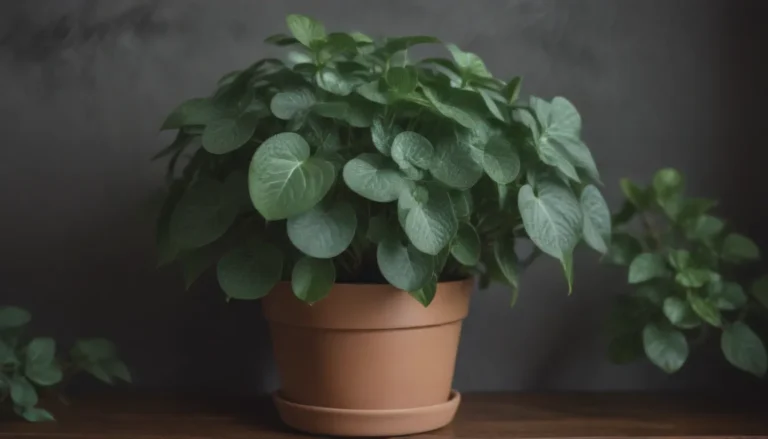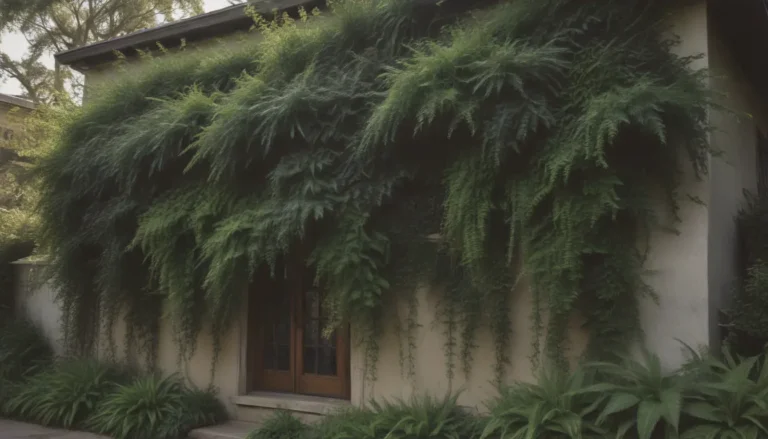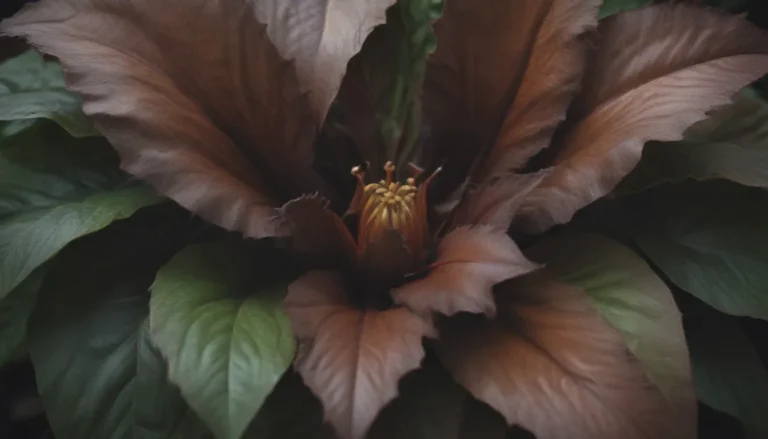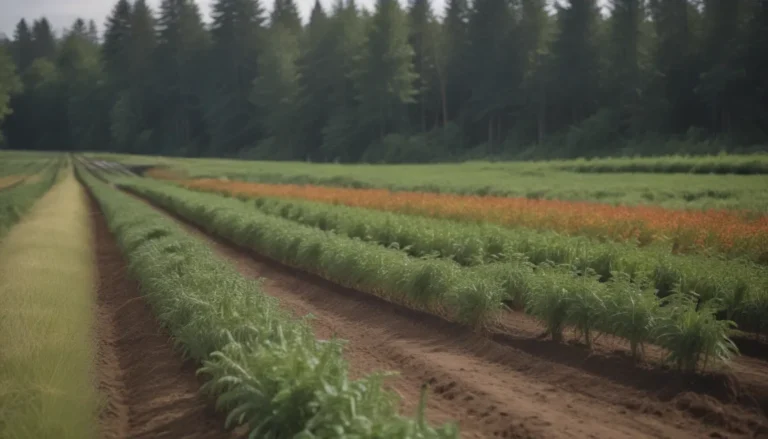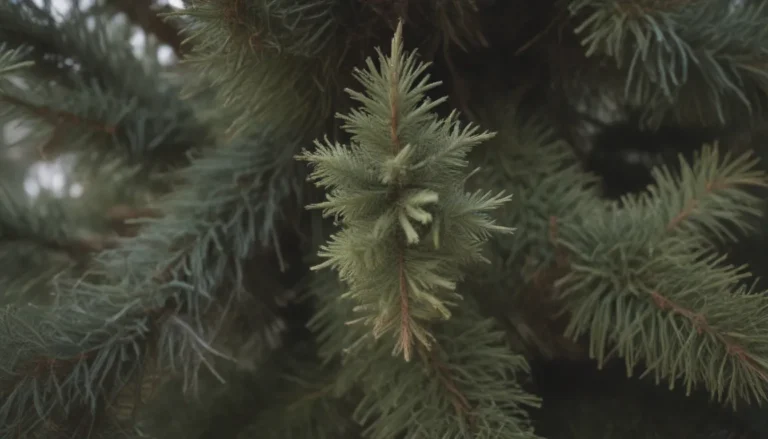Growing and Caring for White Clover: A Comprehensive Guide
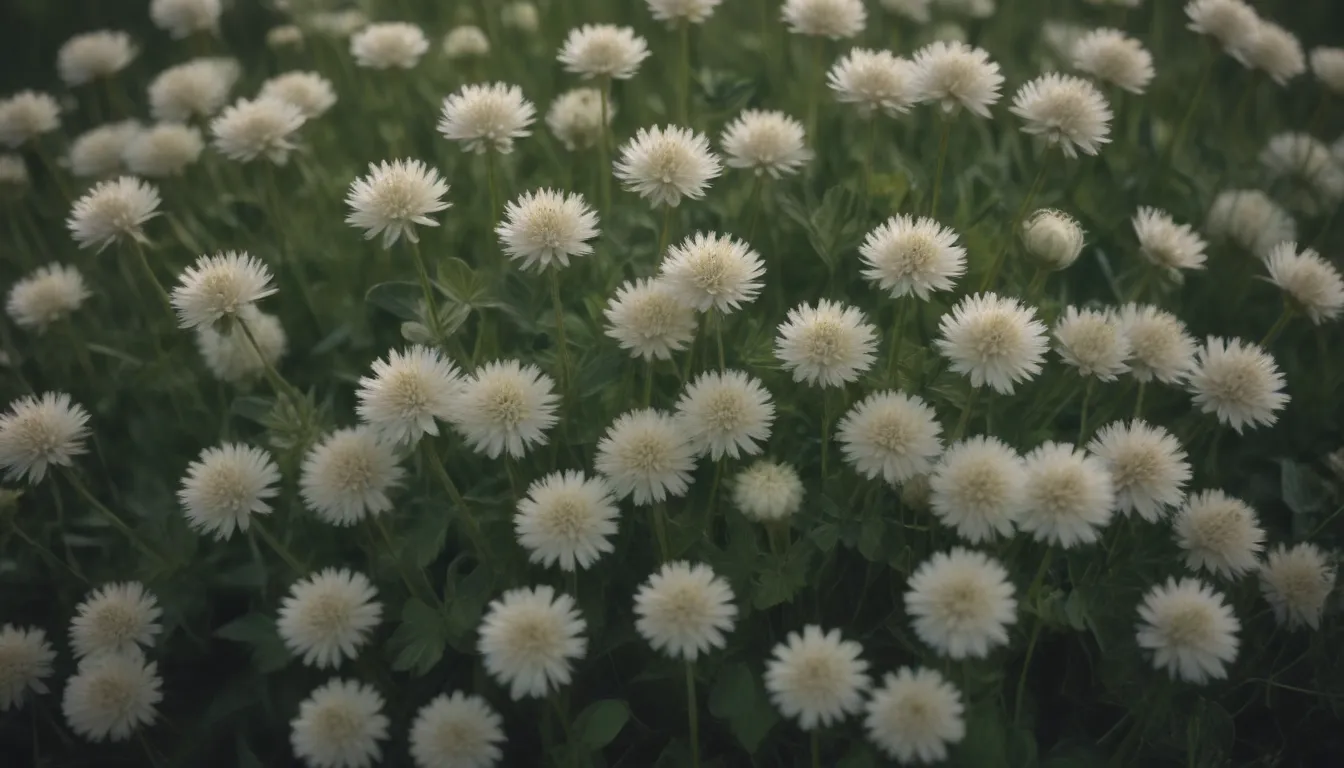
White clover, scientifically known as Trifolium repens, is a charming perennial that often goes unnoticed in lawns until it bursts into bloom with its small, white flowers in late spring. While some may see it as a weed due to its invasive nature in certain regions, others recognize its value as a ground cover with a range of benefits that can complement a traditional turfgrass lawn.
The Versatility of White Clover
White clover is more than just a pretty flower in your yard – it offers a variety of advantages that make it a valuable addition to your landscape. Here are some key benefits of incorporating white clover into your lawn:
- Drought tolerance: White clover can withstand dry conditions better than most turfgrass varieties, making it a resilient option for low-water landscapes.
- Low maintenance: Unlike grass that requires frequent mowing, white clover can thrive without regular cutting, saving you time and effort in lawn care.
- Soil aeration: The spreading nature of white clover helps improve soil structure, promoting better drainage and root development for surrounding plants.
- Environmental benefits: As a nitrogen-fixing plant, white clover enriches the soil with nutrients, reducing the need for chemical fertilizers and supporting a healthier ecosystem.
White Clover Care Tips
While white clover is relatively easy to grow and maintain, there are some key care tips to ensure its success in your garden:
Soil and Light Requirements
- Soil: White clover thrives in slightly acidic soil with good drainage. Ensure your planting site offers these conditions to support healthy growth.
- Light: While white clover prefers partial sun, it can tolerate full sun exposure. Choose a location that receives adequate sunlight for optimal development.
Watering and Fertilizing
- Water: White clover performs best in evenly moist soil, although it can tolerate drought conditions to some extent. Regular watering will encourage robust growth and spread.
- Fertilizer: Due to its nitrogen-fixing ability, white clover does not require additional fertilization. This natural trait makes it an eco-friendly choice for landscape projects.
Propagation and Maintenance
- Propagation: White clover spreads through offshoots that can be separated from the main plant. You can also grow it from seed by sowing directly into the soil in spring or summer.
- Maintenance: Keep an eye on white clover’s spreading tendencies to prevent it from overtaking other plants in your garden. Regularly monitor its growth and adjust as needed.
Types of White Clover Varieties
In addition to the common wild species, there are improved varieties of Trifolium repens that offer unique characteristics for landscaping purposes:
- Micro clover: A compact variety ideal for small spaces and urban gardens.
- ‘Atropurpureum’: Known for its striking purple foliage, adding a pop of color to your landscape.
- Dragon’s Blood’: A vibrant red clover variety with eye-catching blooms for a bold statement in your garden.
Common Pests and Diseases
White clover is generally resistant to pests and diseases, making it a low-maintenance option for gardeners. However, it is important to be aware of its role as a major food source for pollinators, especially honeybees. Regularly monitor your white clover plants for signs of pests or diseases and take appropriate action if necessary.
White Clover and Your Landscape
Whether you view white clover as a weed or a valuable ground cover, there’s no denying its unique qualities and benefits for your garden. By understanding how to grow and care for white clover effectively, you can make informed decisions about incorporating this versatile plant into your landscape design.
Remember to consider your local climate and soil conditions when planting white clover, and monitor its growth to ensure it remains a beneficial addition to your outdoor space. With proper care and attention, white clover can enhance the beauty and sustainability of your garden while supporting a thriving ecosystem for pollinators and wildlife.
In conclusion, white clover may be a humble plant, but its impact on your landscape can be significant. Embrace its unique characteristics and enjoy the beauty and benefits it brings to your outdoor space. Happy gardening!
